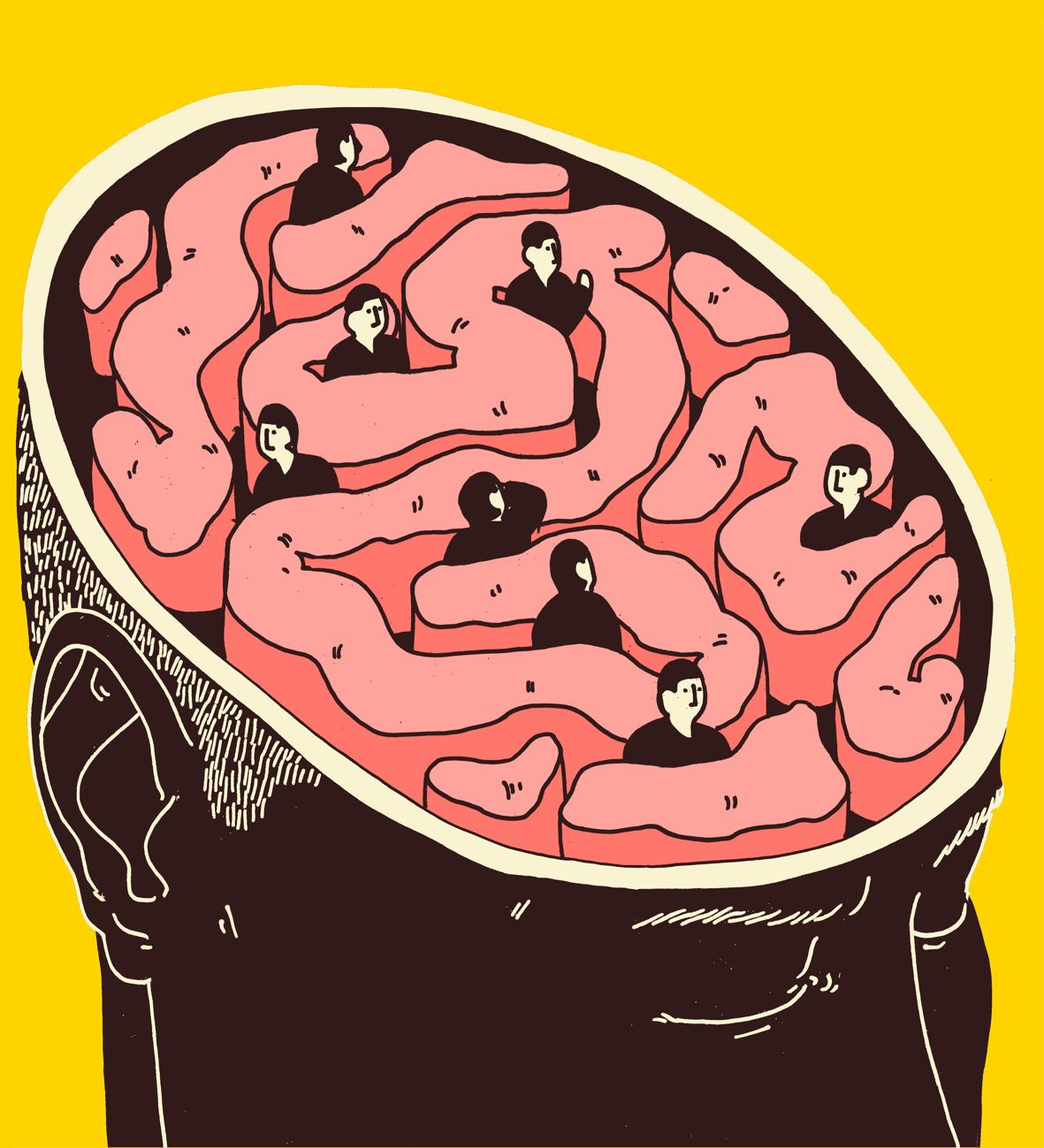How Exercise Affects the Brain
Exercise has a profound impact on the brain, both in the short and long term. In the short term, exercise can improve mood, reduce stress, and boost energy levels. In the long term, exercise can help to improve cognitive function, reduce the risk of neurodegenerative diseases, and even promote neurogenesis, the growth of new brain cells.
Here are some specific ways that exercise affects the brain:
- Increased blood flow: Exercise increases blood flow to the brain, which delivers oxygen and nutrients that are essential for brain function.
- Release of endorphins: Exercise triggers the release of endorphins, which have mood-boosting and pain-relieving effects.
- Reduced inflammation: Exercise can help to reduce inflammation throughout the body, including in the brain. Inflammation is a major risk factor for neurodegenerative diseases such as Alzheimer’s disease and Parkinson’s disease.
- Neurogenesis: Exercise promotes neurogenesis, the growth of new brain cells. Neurogenesis is important for learning, memory, and mood regulation.
- Improved cognitive function: Exercise has been shown to improve cognitive function in people of all ages. In children, exercise can help to improve academic performance. In adults, exercise can help to maintain cognitive function as we age and reduce the risk of neurodegenerative diseases.
Overall, exercise is a powerful way to improve brain health and function. If you’re looking for a way to boost your mood, reduce stress, and improve your cognitive function, exercise is a great option.



